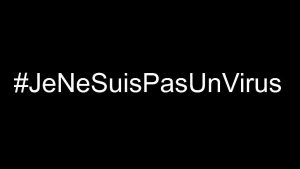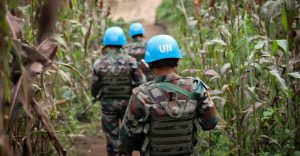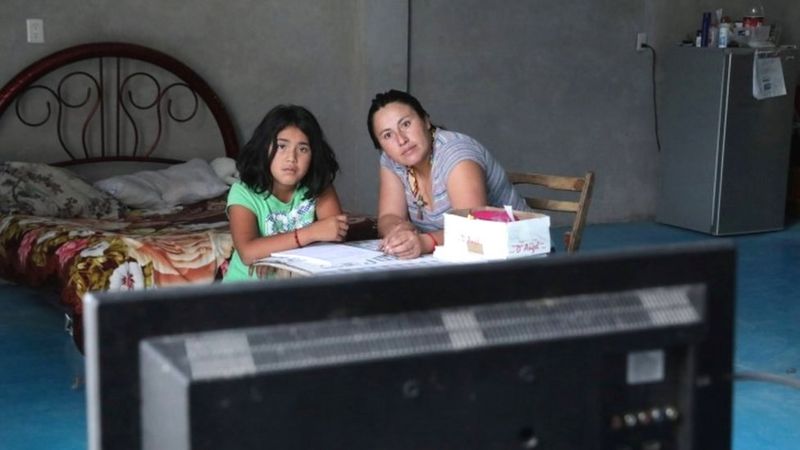
This is a place for people with little or no academic or practical experience with development issues, who are now, or are about to be, in a development context. Like a volunteer. Volunteering can be rewarding both for the volunteer and the organisations and the people receiving volunteers. It can be a way for (especially young) people to broaden their world, experience new things, meet new people, and contribute. However, there are some risks involved, but if you are aware of those risks they automatically become smaller.
Continue reading





 During my research for my blog content concerning public health in the digital era, I came across with Angus Deaton’s book
During my research for my blog content concerning public health in the digital era, I came across with Angus Deaton’s book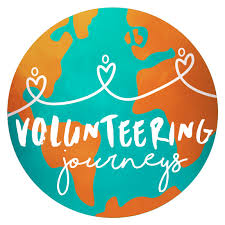

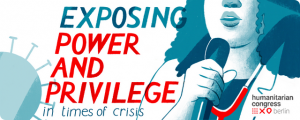 The Impossible Decisions: Triaging In A Pandemic session will take place on Friday 30 October, check back later for a summary!
The Impossible Decisions: Triaging In A Pandemic session will take place on Friday 30 October, check back later for a summary!
